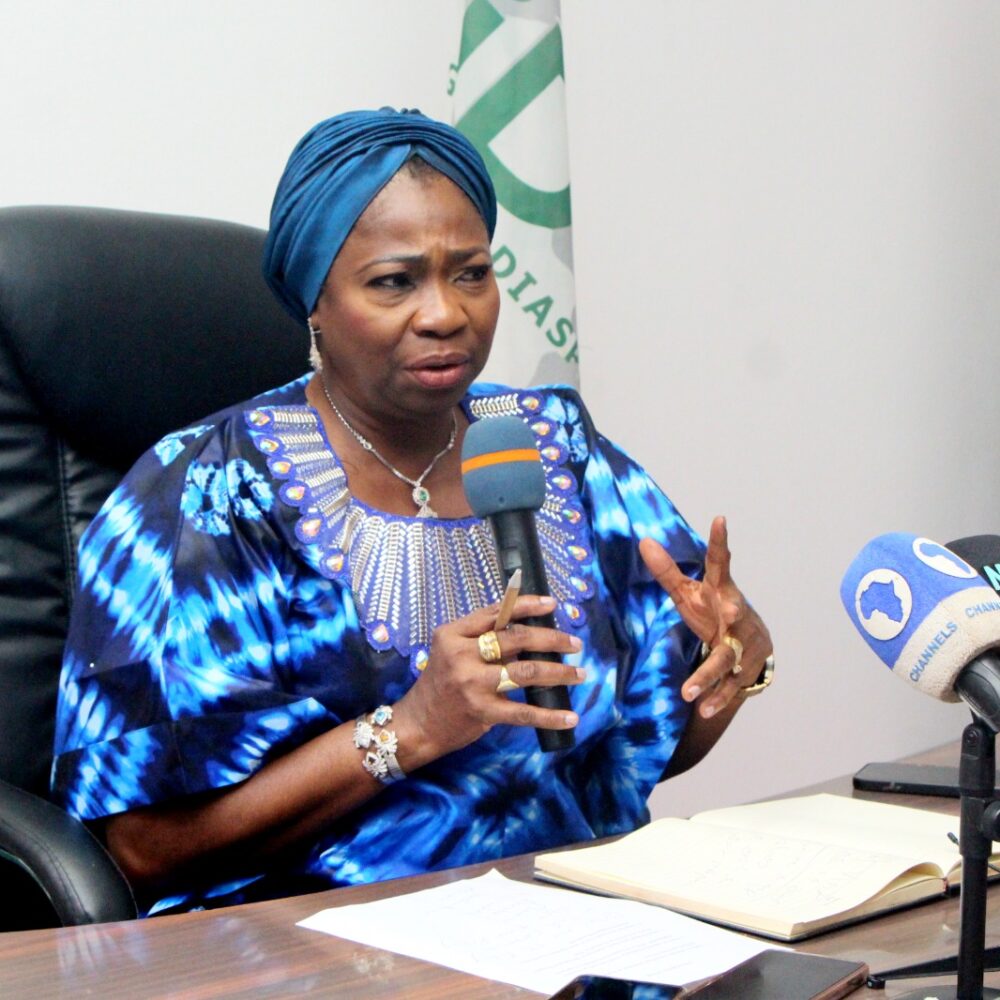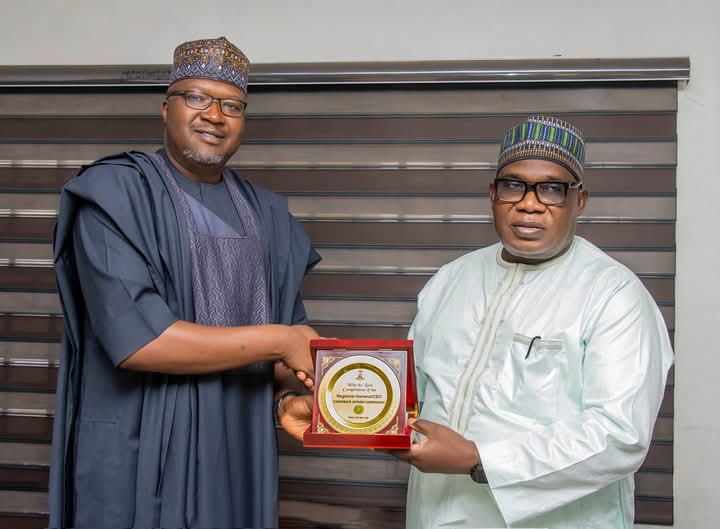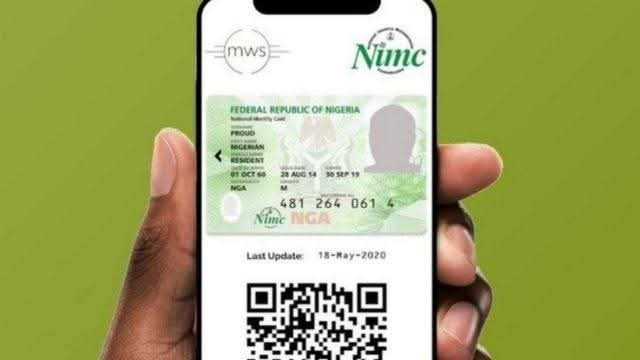The Nigerian government made a “large ransom payment” to Boko Haram in exchange for more than 100 schoolgirls kidnapped from a secondary school in Dapchi, Yobe State in February, the 22nd report of the Analytical Support and Sanctions Monitoring Team of the United Nations’ Security Council has revealed.
Boko Haram abducted 110 Dapchi girls on February 18, 2018, but 104 were released on March 21, five having died in captivity, and one, Leah Sharibu, remaining in captivity for clinging on to her Christian faith.
There were multiple reports at the time that the freedom of the girls was secured with cash and the release of Boko Haram commanders.
However, Lai Mohammed, Minister of Information and Culture, denied, claiming the girls were released following “back-channel” negotiations brokered with the help of some “friends of the country”.
He maintained that no ransom was paid for their release, and also denied that any Boko Haram prisoner was swapped as part of the negotiations.
“It is not true that we paid ransom for the release of the Dapchi girls, neither was there a prisoner swap to secure their release,” Mohammed had said. “What happened was that the abduction itself was a breach of the ceasefire talks between the insurgents and the government, hence it became a moral burden on the abductors. Any report that we paid ransom or engaged in prisoner swap is false.”
But the UN Security Council report presented before the council on July 23, now available online , revealed that a ransom was indeed paid.
“The predominance in the region of the cash economy, without controls, is conducive to terrorist groups funded by extortion, charitable donations, smuggling, remittances, and kidnapping,” read a part of the report explaining the stranglehold of Boko Haram and the Islamic State West Africa Province (SWAP).
“In Nigeria, 111 schoolgirls from the town of Dapchi were kidnapped on 18 February 2018 and released by ISWAP on 21 March 2018 in exchange for a large ransom payment.”
The Dapchi case was not the first time the government would deny paying insurgents ransom.
After the release, in 2017, of 82 of the close to 300 girls kidnapped by Boko Haram in 2014, a source familiar with the deal had told the BBC : “It should have happened sooner, but the president was hesitating about freeing the five — and especially about the money.
“Persuading him was ‘very, very difficult’. It was the most difficult part of the whole negotiation. He didn’t want to pay any money.
“The ransom was two million euros. Boko Haram asked for euros. They chose the suspects and they gave us the list of girls who would be freed.”
The government denied this, as well as other similar claims.
SAHARA REPORTERS





